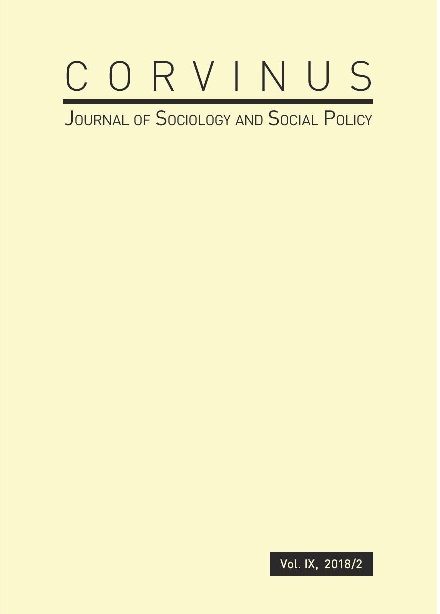Minimum Income Protection Schemes in the Central and Eastern European Countries
Minimum Income Protection Schemes in the Central and Eastern European Countries
Author(s): Zsolt TemesvárySubject(s): Political Ecology, Welfare services, Sociology of Politics
Published by: Budapesti Corvinus Egyetem Szociológia Doktori Iskola
Keywords: social allowances; social policy; poverty alleviation; minimum income; Central and Eastern Europe; welfare transfers
Summary/Abstract: This paper aims to introduce the characteristics of minimum income protection schemes in Poland, Hungary, Slovakia and the Czech Republic. Minimum social incomes incorporate all non-contributory, mostly means-tested social allowances, family supports and housing benefi ts which are available even to the poorest layers of society. The study first introduces the structure of minimum social protection systems in the selected countries, then assesses the amount of the related social transfers regarding three household types – single adult households, as well as single- and two-parent households with two children aged 7 and 14 years – showing the maximum amount of subsidies these households can receive. The categorization of households and social transfers was based on the 2013 SAMIP (Social Assistance and Minimum Income Protection Interim) dataset, which was revised for the 2016 MISSOC database to incorporate the newest social allowances that have been introduced since 2013 (e.g. Family 500+ in Poland and some provisions of the 2014 Hungarian welfare reform).
Journal: Corvinus Journal of Sociology and Social Policy
- Issue Year: 9/2018
- Issue No: 2
- Page Range: 113-133
- Page Count: 21
- Language: English

